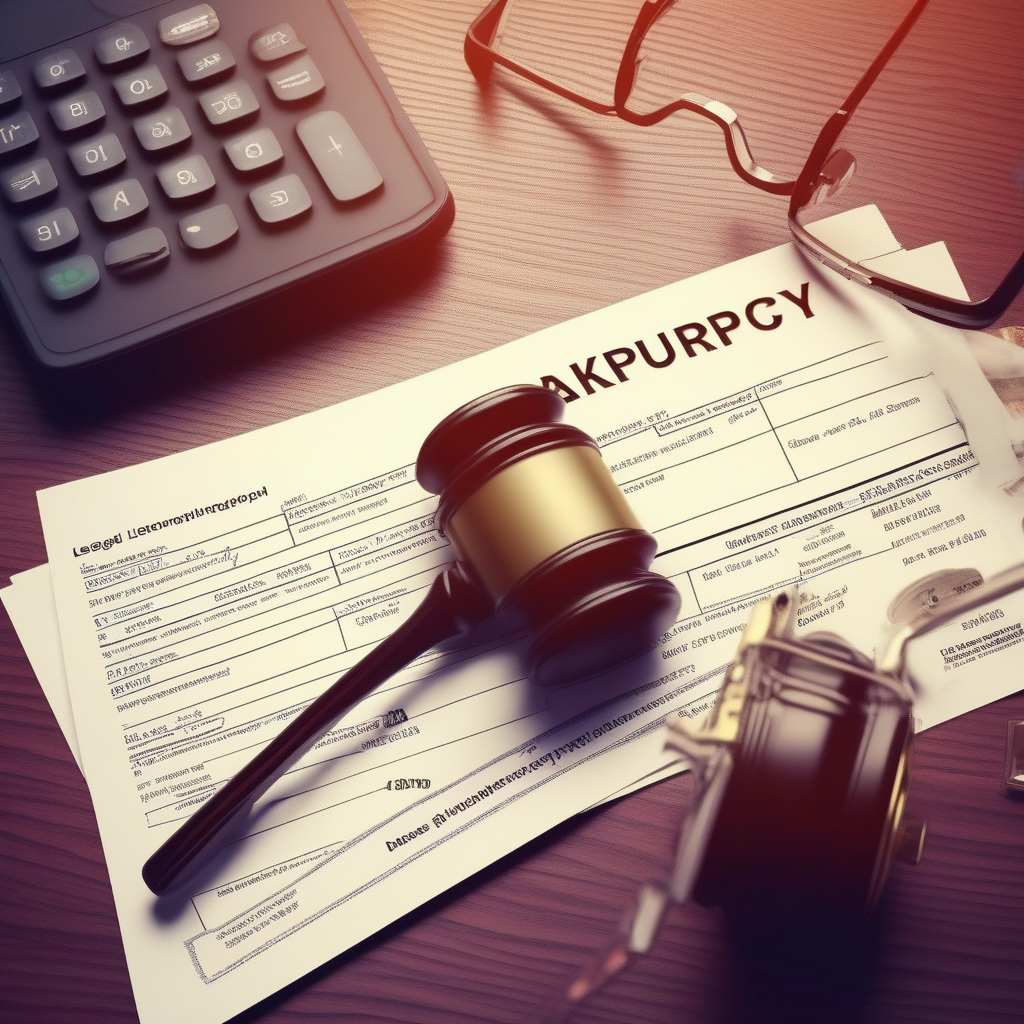Bankruptcy is a legal process that individuals or businesses go through when they are unable to pay off their debts. It is a last resort option for those who are financially overwhelmed and have no other means of resolving their financial situation. When someone declares bankruptcy, they are essentially admitting that they are unable to meet their financial obligations and are seeking protection from their creditors.
There are different types of bankruptcy, with Chapter 7 and Chapter 13 being the most common for individuals. Chapter 7 bankruptcy involves liquidating assets to pay off debts, while Chapter 13 allows for a repayment plan to be created over a period of time. Businesses typically file for Chapter 11 bankruptcy, which allows them to reorganize and continue operating while repaying debts.
Bankruptcy can have long-lasting effects on an individual’s credit score and financial future. It can make it difficult to obtain credit in the future, as lenders may view the individual as a higher risk. However, bankruptcy can also provide a fresh start for those who are burdened by overwhelming debt and give them a chance to rebuild their financial situation. Overall, bankruptcy is a complex and often emotional process that requires careful consideration and guidance from legal professionals.
